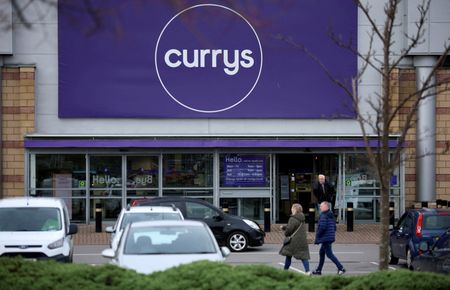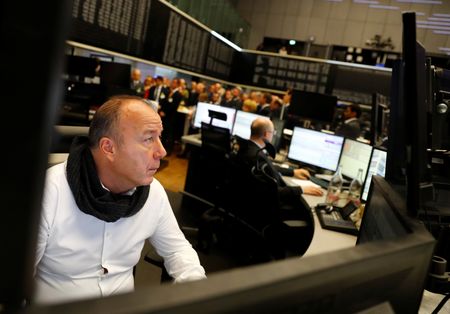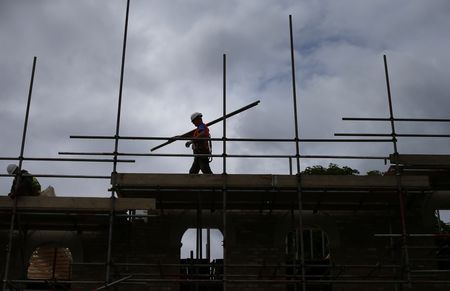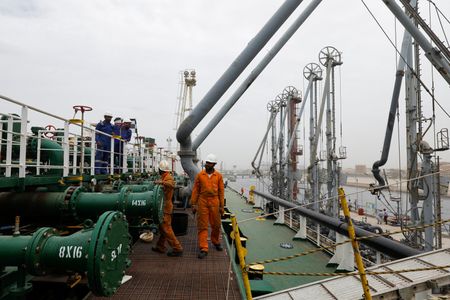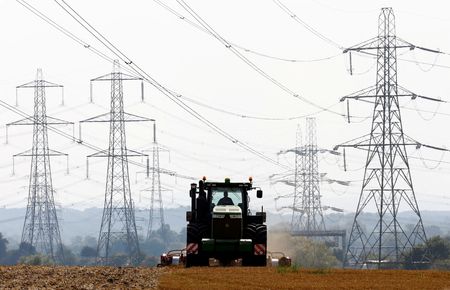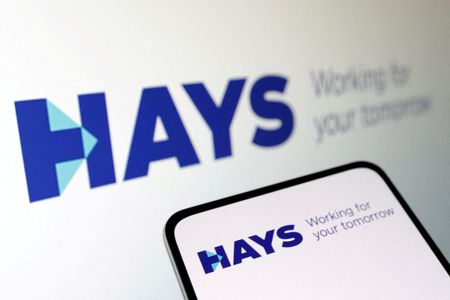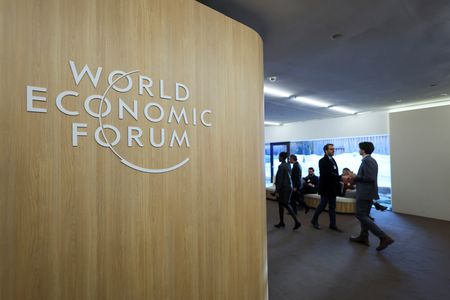By Alan Charlish
WARSAW (Reuters) -Ukrainian President Volodymyr Zelenskiy will visit Warsaw on Wednesday, the Polish prime minister’s office said, following what Poland has called a breakthrough in a historical dispute on wartime exhumations that has stood between the allies.
Although Poland has been one of Ukraine’s staunchest backers since Russia invaded in 2022, ties between the neighbours have been strained for generations by the Volhynia killings that took place from 1943 to 1945.
Poland says more than 100,000 Poles were killed in the massacres by Ukrainian nationalists. Thousands of Ukrainians also died in reprisal killings.
Poland has long demanded free access for its specialists to sites where the remains of those killed are believed to have been be buried, so that they can be exhumed for proper funerals.
Deputy Prime Minister Wladyslaw Kosiniak-Kamysz said in October that Ukraine would have to resolve the issue in order to join the European Union.
The killings have taken on additional political significance this year as the main opposition candidate in Poland’s presidential election is the conservative head of the National Rememberance Institute (IPN) Karol Nawrocki who has put historical issues at the forefront of his campaign.
On Friday, Polish Prime Minister Donald Tusk hailed a “breakthrough” in ties, saying that Ukraine had made a decision to allow the first exhumations of victims to take place.
Zelenskiy will hold talks with Tusk on Wednesday and the two leaders will hold a joint press conference at 1140 GMT.
“There are a lot of topics (to discuss), including of course exhumations,” a Polish government official told Reuters. “What interests us is the way these decisions (about exhumations) are carried out.”
Polish daily Rzeczpospolita reported that work on exhumations was scheduled to begin in April.
DIALOGUE
The area where the massacres took place, which was inhabited by both Poles and Ukrainians, was part of Poland before World War Two before being occupied by the Soviet Union.
In 2013, the Polish parliament recognised the massacre by the Ukrainian Insurgent Army (UPA) during World War Two as “ethnic cleansing bearing the hallmarks of genocide”.
Ukraine has not accepted that assertion and often refers to the Volhynia events as part of a conflict between Poland and Ukraine that affected both nations.
Officials in Kyiv have repeatedly said Ukraine is ready for “constructive dialogue” with Warsaw, saying the countries’ past should not endanger their cooperation.
Poland took up the rotating presidency of the Council of the European Union this month, with bolstering the bloc’s security and commitment to Ukraine high on the agenda as leaders look ahead to Donald Trump’s inauguration as U.S. president.
Ukrainian Foreign Minister Andrii Sybiha said this month that Kyiv hopes for new inititiatives to help its struggle against Russia during the presidency.
(Reporting by Alan Charlish, additional reporting by Yuliia Dysa; Editing by Jamie Freed, Clarence Fernandez and Michael Perry)


